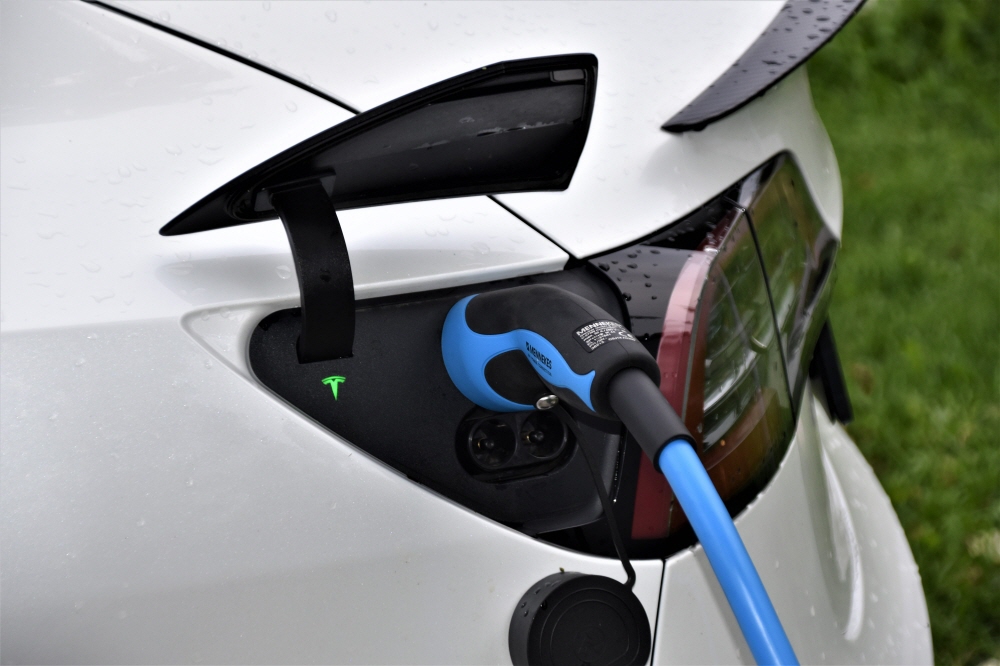
Electric vehicles, which are being popularized worldwide, use lithium-ion batteries with high energy density. Battery performance affects the overall performance of the electric vehicle. In a newly published paper, it is said that a lithium-ion battery material that can be charged up to 90% in 6 minutes has been developed.
Reducing the charging/discharging time in lithium-ion batteries is highly related to improving battery performance. Up to now, the improvement in charge/discharge performance of lithium-ion batteries has used a method of reducing the particle size of the electrode material. However, when the electrode particle size is reduced, there is a disadvantage of lowering the energy density.
Research teams at Pohang University and Sungkyunkwan University announced that they have developed a technology that enables rapid charging and discharging and realizing high output without reducing the particle size of the electrode material. There are various lithium ion battery electrode materials, but the phase separation material that separates into a lithium ion-rich phase and a lithium ion-deficient phase during charging and discharging shows two phases with different volumes in a single particle. There are many structural defects at this two-stage interface, which inhibits the growth of new phases in the particles and prevents rapid charging and discharging.
The method developed by the research team can dramatically reduce the two-step volume change by inducing a disruption step that functions as a buffer structure in the particle. The intermediate layer helps to form and grow new phases on the particles and improves the rate of lithium ion insertion and removal within the particles.
In fact, the research team evaluated the effect of the intermediate layer formed by this method on the performance of the lithium-ion battery. As a result, the electrochemical reaction in the electrode with the intermediate layer improved the battery charging and discharging speed more uniformly. It is reported that using the new electrode in a lithium-ion battery can charge 90% of the battery in just 6 minutes and discharge 54% in 18 seconds.
The research team said that the conventional approach by reducing the particle size compromised the low energy density and charge/discharge rate, but this study will lay the foundation for the development of lithium-ion batteries that provide high energy density for rapid charge and discharge. Related information can be found here .

